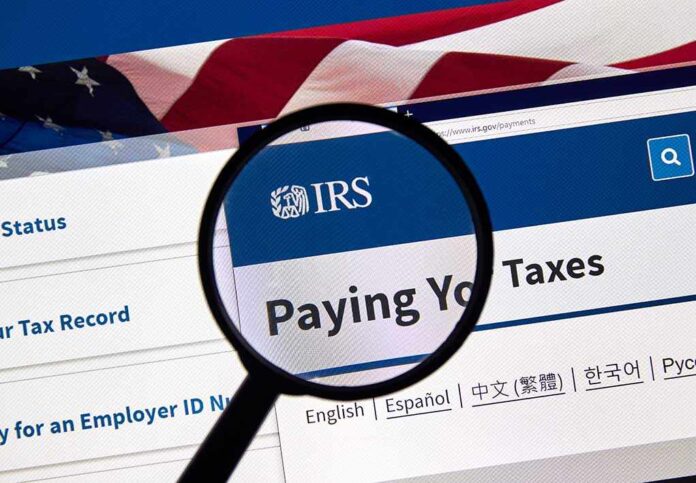
Senate unanimously approves President Trump’s ‘No Tax on Tips’ bill, delivering tax relief to millions of service workers while Democrats strategically outmaneuver Republicans by separating it from controversial House legislation.
Key Takeaways
- The Senate unanimously passed the ‘No Tax on Tips’ bill, exempting tips from federal income tax for service workers earning under $160,000 annually
- The bipartisan legislation, championed by Senators Ted Cruz (R-TX) and Jacky Rosen (D-NV), fulfills a key campaign promise made by President Trump
- Dedications are capped at $25,000 and specifically target traditionally tipped employees, not CEOs or wealthy individuals
- Democrats scored a tactical victory by passing this as a standalone bill rather than as part of the more controversial House Republican “megabill.”
- The bill now moves to the House of Representatives, where its passage would provide immediate financial relief to service workers nationwide
President Trump’s Promise Fulfilled
The Senate’s unanimous passage of the ‘No Tax on Tips’ bill marks a significant legislative victory for President Trump and service industry workers across America. The bipartisan bill, led by Senators Ted Cruz (R-TX) and Jacky Rosen (D-NV), would exempt tips from federal income tax for service workers earning less than $160,000 annually, with deductions capped at $25,000. This targeted tax relief aims to provide immediate financial support to waiters, bartenders, hotel staff, and other traditionally tipped employees who form the backbone of America’s service economy.
The legislation delivers on a key promise made by President Trump during his campaign, particularly to workers in Nevada, where the service industry dominates the local economy. Despite ongoing Republican infighting over aspects of Trump’s broader domestic agenda, this bill demonstrates the President’s commitment to working-class Americans whose livelihoods depend heavily on tips. The exemption ensures the benefits go to those who truly need it, not to wealthy executives or CEOs, addressing a fundamental economic inequality in the current tax system.
Strategic Democratic Maneuver
In a notable political development, Democrats succeeded in separating this popular proposal from a more contentious House Republican “megabill” that included cuts to essential programs like Medicaid and SNAP. This strategic move allowed the ‘No Tax on Tips’ bill to pass with unanimous consent in the Senate, highlighting how Democrats managed to support a Trump initiative while avoiding association with more controversial Republican proposals. The maneuver demonstrates rare bipartisan cooperation on tax relief for working Americans, even as the parties remain deeply divided on broader economic policies.
“No tax on tips was one of President Trump’s key promises to the American people, which he unveiled in my state of Nevada. And, I am not afraid to embrace a good idea, wherever it comes from,” said Senator Rosen.
Senator Rosen, despite being a Democrat, has positioned herself as a champion for Nevada’s service workers by supporting this Republican-initiated proposal. Her willingness to cross party lines reflects the practical importance of this legislation for states with large service sectors. By advocating for the bill as a standalone measure rather than part of a package with program cuts, Rosen demonstrated political savvy while still delivering tangible benefits to her constituents who depend heavily on tips for their livelihoods.
Economic Impact and Next Steps
The economic implications of this legislation are substantial, particularly for states like Nevada, where tipping forms a critical component of service workers’ income. By eliminating federal income tax on tips up to $25,000 for those earning less than $160,000 annually, the bill directly increases take-home pay for millions of American workers. This targeted tax relief comes at a time when many service industry employees continue to struggle with inflation and economic uncertainty, providing immediate financial breathing room without waiting for broader economic reforms.
“If we are serious about providing service employees with financial relief, let’s do it now, let’s do it today!” said Rosen.
The bill now moves to the House of Representatives, where its passage would complete a significant legislative achievement for President Trump early in his term. Senator Cruz has expressed confidence that the “No Tax on Tips” will become law, either as a standalone bill or as part of a larger package. This development represents a rare moment of policy consensus in Washington’s typically divisive environment and demonstrates that targeted tax relief for working Americans can still garner broad support across party lines when detached from more controversial spending proposals.

























